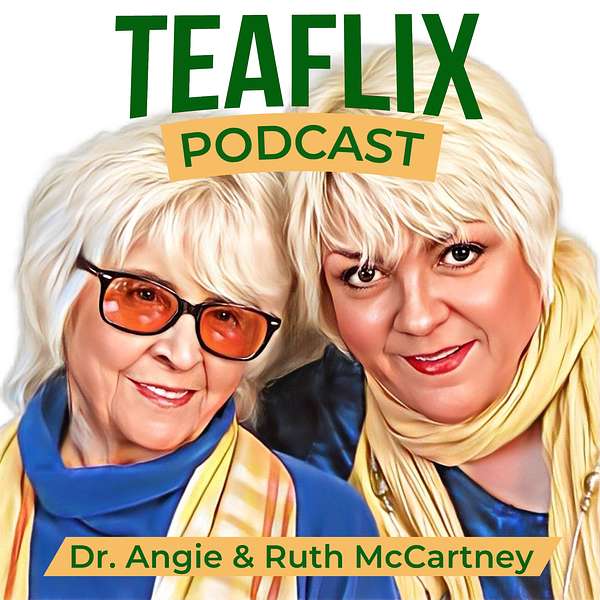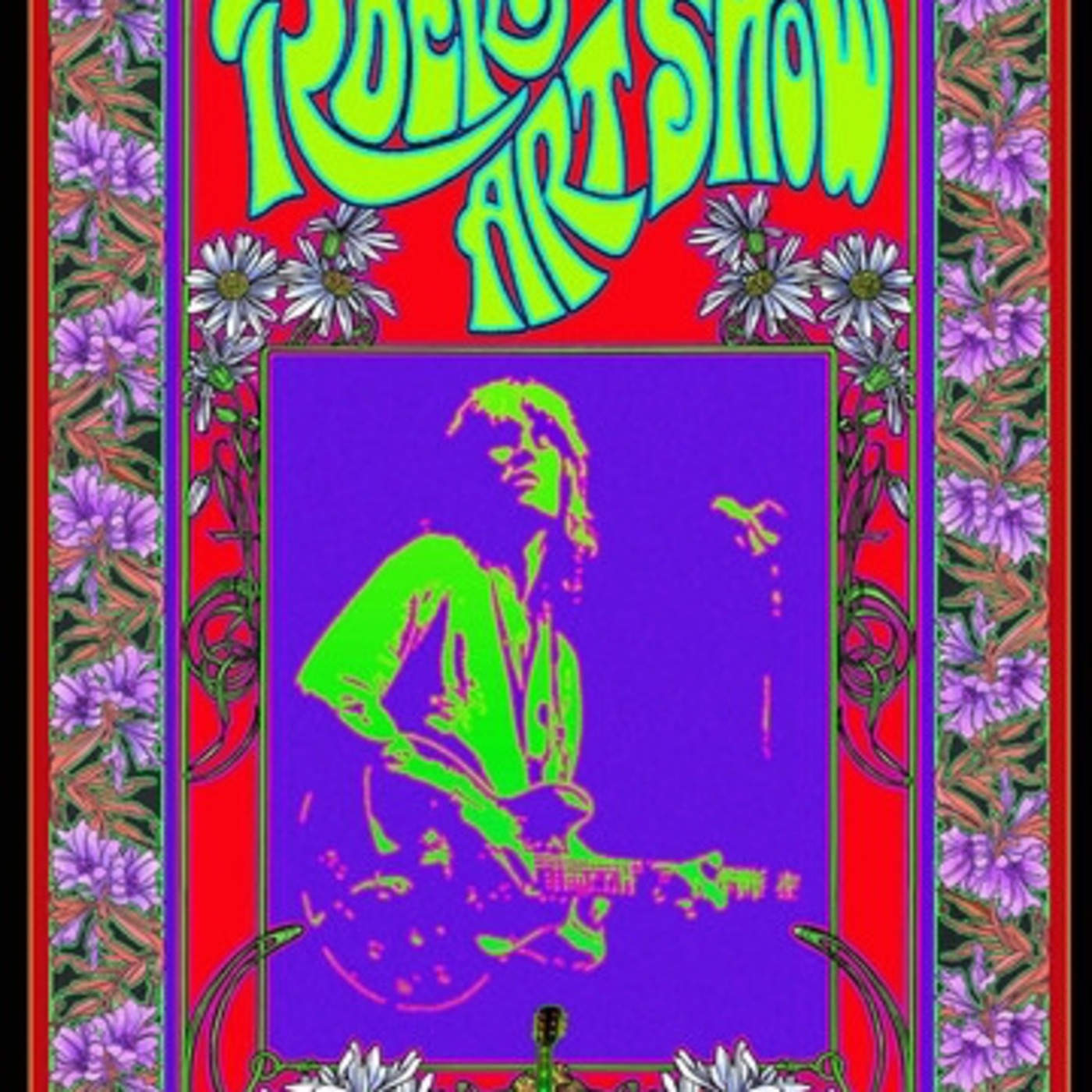
TeaFlix with The McCartney Ladies
TeaFlix - Hosted by Dr. Angie McCartney & Ruth McCartney
Welcome to our Mother-Daughter podcast, where each episode’s intimate conversation features a fascinating guest across the spectrum of Beatles world, pop culture, Grammy® winners, the music industry, chefs, producers, music stars, actors and more… so "bottoms up” and join us, as they spill the tea on TeaFlix!
TeaFlix with The McCartney Ladies
TeaFlix Interview with Jay Bergen (John Lennon's Lawyer)
TeaFlix Interview with Jay Bergen (John Lennon's Lawyer)
Hosted by Dr. Angie McCartney & Ruth McCartney
For 40 years, wherever he moved, from the New York metropolitan area to his current home in the Blue Ridge Mountains of North Carolina, Jay Bergen FCRH ’59, LAW ’62, took six heavy banker’s boxes with him, transferring them from one garage or attic to another, where they continued to gather dust. “I always kept them with me, but I didn’t open them until five years ago,” said Bergen. When he did, he couldn’t help but sit down on one of those boxes and lose himself in the reams of depositions and the trial and appeal records of a case he considers the highlight of his wide-ranging legal career: the two-year lawsuit he handled for John Lennon in 1975 and 1976 against Mafia-connected record company executive Morris Levy. “When I read the transcripts from John Lennon’s testimony about how he and the Beatles became the Beatles, how they took control of the process of making an album, how they produced the covers, I realized that this was a good story—one that, surprisingly, had never really been told,” said Bergen. “And I know all the details.” It all began when Roulette Records’ Morris Levy released Roots: John Lennon Sings the Great Rock ’n’ Roll Hits, an early, unfinished version of an album of John Lennon singing rock ’n’ roll oldies, complete with a blurred image of Lennon on the cover and schlocky ads on the back. When even cheesier TV ads appeared for the record, Lennon was stunned—and went to see Dolgenos at Marshall Bratter. Levy, said Bergen, was known for frivolous lawsuits and getting big-name music clients to settle—and John Lennon was now in his sights. Levy had previously sued Lennon in 1970 for copyright infringement, claiming a similarity between the lyrics of Chuck Berry’s “You Can’t Catch Me,” whose catalog Levy owned the rights to, and the Beatles’ “Come Together.” As part of the settlement, Lennon agreed to make a record containing three Levy-owned rock oldies.
Thanks for tuning in to TeaFlix - learn more about the hosts at https://MrsMcCartneyTeas.com and https://RuthMcCartney.com
Learn more about Dr. Angie & Ruth at https://MrsMcCartneysTeas.com and https://RuthMcCartney.com
Podcasts we love
Check out these other fine podcasts recommended by us, not an algorithm.

Who's The Best
Sandro Monetti
Nothing Is Real - A Beatles Podcast
Beatles Pod
Beatle Briefs Podcast
Scott Segelbaum

